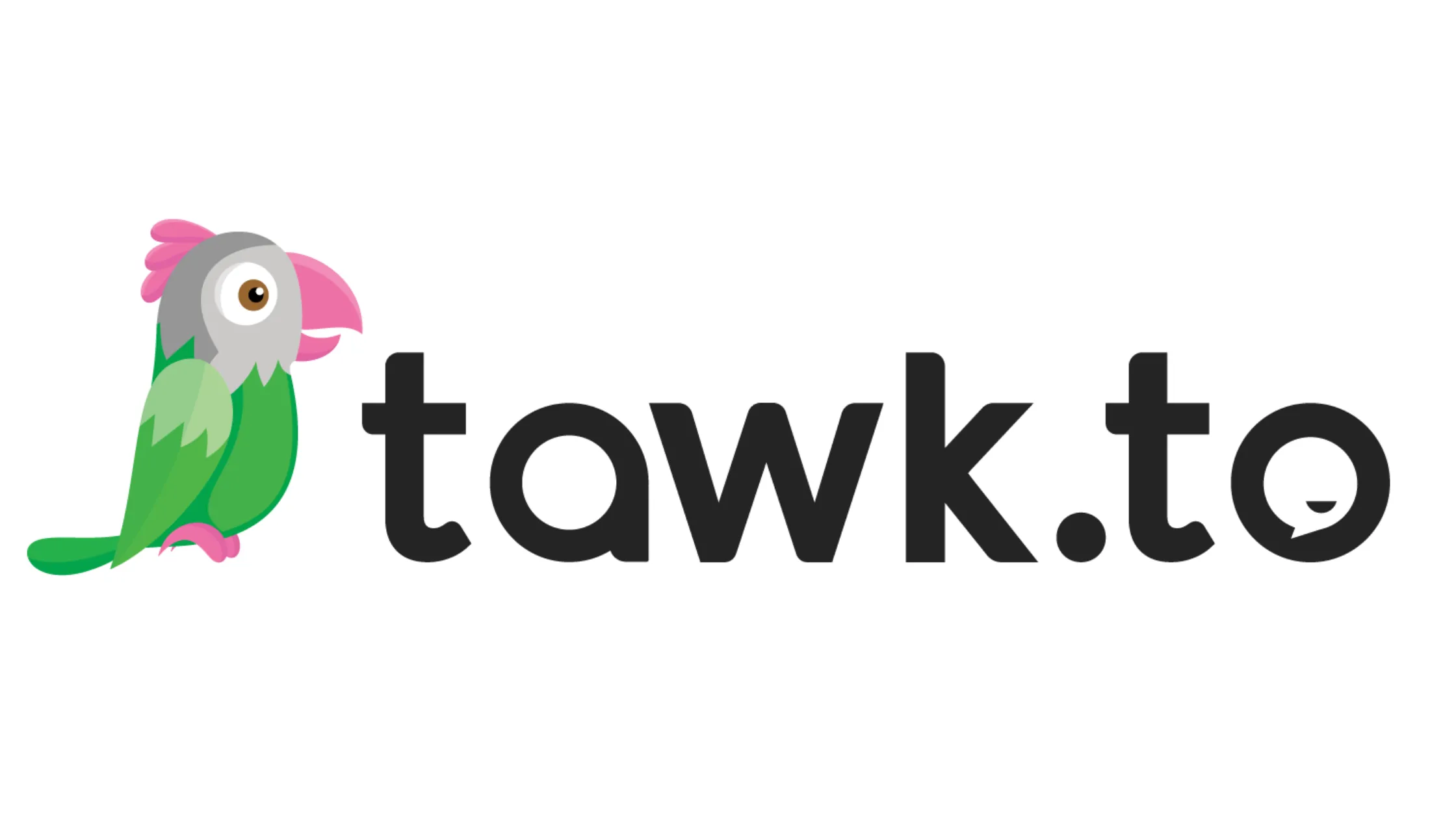
Skills Needed to be a Successful Startup CTO: Lessons from Y Combinator
Discover the essential skills every startup CTO needs—from technical leadership to business acumen. Learn from YC-experienced insights to level up your startup.
When it comes to understanding what it takes to be a successful CTO, Y Combinator has been a major eye-opener.
Y Combinator (or just "YC" for short) is a melting pot of innovations, barrier-breaking startups, and diverse founders.
As co-founder and CTO of Cuboh (YC S19), my time there made me realize that it takes more than technical skills to create successful business solutions.
In this article, we'll cover the critical skills I've learned through the highs and lows of startup life.
Let's dive right in.
Essential Skills for Successful Startup CTOs
Here are 7 essential skills that every startup CTO should learn:
1. Technical Expertise
While there's more to CTO success than just technical expertise, it would be unwise not to acknowledge its foundational importance.
CTOs are, after all, technological leaders.
In the early, scrappy stages of startups, you need someone with a pioneering mind who can leverage out-of-the-box solutions and — if necessary — the latest available tech to bring your product vision to life. They should also be passionate enough to have the self-autonomy to keep up with the latest market trends and explore applications that match your startup's specific needs, be it about AI, Augmented Reality (AR), or quantum computing.
Missing out on technology trends could lead to missed opportunities on the operations side. It can also lead to costly missteps in terms of tech stacks and infrastructure, which could ruin a startup's chances right from the seed stage.
Tip: Create a master list of resources (e.g., the Y Combinator subreddit and the official YC Blog) to keep up with the latest in the tech startup world.
2. Visionary Leadership
A well-defined vision is the compass for any tech startup, whereas the CTO functions as the navigator — anticipating tech trends and making infrastructure decisions that will future-proof the startup's position.
From a leadership perspective, that vision creates a bond that mobilizes your team towards a single goal. And that is the difference between a group of people simply writing code and a focused unit collaborating to build a game-changing product.
A successful CTO needs to be a stalwart advocate of the startup's vision.
Remember, the startup life is full of ups and downs.
It's easy for developers to lose sight of the big picture and succumb to knee-jerk reactions that will jeopardize the company's long-term goals. As visionary leaders, CTOs and other co-founders make sure that everyone stays on the right track.
3. Effective Communication
Communication is a huge part of a startup CTO's day-to-day.
But it's not just about being responsive — it's also about knowing how to convey technical information in a way that non-technical stakeholders and colleagues could understand.
Remember that, as tech leaders, CTOs get excited about new AI breakthroughs or cutting-edge frameworks. But remember that it’s their duty to evangelize that vision in a way that resonates with others.
It doesn’t matter if the engineering team has a full understanding of the value of an innovation. If the rest of the organization — such as your sales and marketing teams — doesn't understand the solution at least on a fundamental level, even the most promising of innovations may fail to take off.
There’s also a huge communication component when it comes to managing relationships with external stakeholders.
Clients, investors, and partners need to buy into your technical direction as much as your internal team does. When stakeholders see that you can articulate your vision, they become enthusiastic supporters rather than roadblocks that bottleneck progress.
4. Problem-solving and Resourcefulness
Think of startups as a ship charting into new territories.
It’s exciting, sure. But it also means venturing over hidden reefs, unpredictable weather, and turbulent waters.
When a storm comes, you need a leader who maintains composure — quickly and consistently making decisive actions that will guide the team to calmer, more prosperous waters.
Keep in mind that problem-solving and resourcefulness are the backbone of effective startup leadership.
A CTO who hones these skills will not only help you navigate through these challenges. Through experience and technical expertise, they will also help you plot a course that avoids potential pitfalls.
This proactive stance will help your startup build momentum and instill confidence across your organization.
5. Business Acumen
A CTO's role extends well beyond coding or architecture.
As a startup CTO, it’s your priority to ensure that the solution you're building is also serving a key business objective. This is all about bridging the gap between technology and business strategy.
Bear in mind that, in the MVP stage, it's best to avoid over-engineering.
You're better off spending your time and other resources on understanding user needs, providing real-world value, and ensuring alignment with business objectives. This is a lesson many Y Combinator startups learn quickly.
CTOs are also expected to work closely with other co-founders to discuss budgets, market awareness, and risk management. In practice, they also play a key role in managing development costs, partnering with technology vendors, and third-party systems integrations.
6. Adjustment and Adaptability
In the tech world, rigidity can trap startups in stagnation or a slow and painful downfall.
That's why the best CTOs know how to stay flexible in terms of technology choices, leadership style, and even the product roadmap itself to thrive through rapid market changes.
Adaptability means embracing pivots, rethinking tech stacks, and making bold strategic shifts when needed to achieve product-market fit or scalability.
Apart from this, it's also important for CTOs to be able to identify opportunities to increase efficiency and productivity. Some examples are integrating workflow automation tools and fine-tuning development methodologies.
7. Team Player Mentality
Just as adaptability keeps a startup in the game, a strong team culture spearheaded by a supportive CTO helps win the whole tournament.
Great CTOs strike a balance between guidance and autonomy. Rather than micromanage, they empower engineers to find creative solutions to problems — all while being there to provide guidance whenever needed.
This ties back to the importance of effective communication in CTOs.
Through active communication, CTOs can break down silos, foster a culture of knowledge-sharing, and turn mistakes as learning moments. This enhances skill development and fuels innovation across the entire organization.
Need a Fractional CTO to Accelerate Your Startup's Growth?
CTOs are key figures in every startup journey.
Apart from tech-savviness, they also take on critical leadership responsibilities — aligning technology with business goals.
Looking for a CTO to bring your product idea to life?
We provide fractional CTO services that help you navigate technical obstacles, align your technology vision with your business objectives, and drive substantial growth. Schedule your free consultation today and let’s map the way to your startup’s success—together.
Whether you're validating an idea, scaling an existing product, or need senior engineering support—We help companies build ideas into apps their customers will love (without the engineering headaches). US leadership with American & Turkish delivery teams you can trust.
Need Developers?
We help companies build ideas into apps their customers will love (without the engineering headaches). US leadership with American & Turkish delivery teams you can trust.
















For Startups & Founders
We've been founders ourselves and know how valuable the right communities, tools, and network can be, especially when bootstrapped. Here are a few that we recommend.

Mistakes to Avoid When Building Your First Product
Learn the key mistakes founders make when building their first product—and how to avoid them for a faster, smoother launch.
Read more
The Rise of AI in Product Development: What Startups Need to Know
Learn how AI is transforming product development for startups. From MVPs to scaling, here’s what founders need to know in today’s AI-driven world.
Read more
No-Code vs. Custom Development: Which is Right for Your Startup?
Weighing no-code vs. custom development? Learn which is right for your startup depending on stage, budget, and product complexity.
Read more
What is Mixpanel?
Learn how Mixpanel helps startups track user behavior to improve products and accelerate growth with clear data-driven insights.
Read more
How Tawk.to Can Boost Your Startup’s Customer Support Game
Learn how Tawk.to can benefit startups by enhancing customer support and engagement. Perfect for early-stage founders!
Read more
Grow Your Startup With Anthropic's AI-Powered Tools
Discover how Anthropic's cutting-edge AI tools can accelerate your startup's success. Learn about their benefits and see why they can be trusted by startups.
Read more
What is Data-Driven VC?
Learn what a data-driven VC means and how such investors can benefit your startup’s growth and fundraising journey.
Read more
What is Blockchain?
A beginner-friendly guide on blockchain for startup founders, covering key concepts, benefits, challenges, and how to leverage it effectively.
Read more
What is Cybersecurity?
Learn cybersecurity basics tailored for startup founders. Understand key risks, best practices, and how to protect your startup from tech threats.
Read more
What is Seedcamp?
Learn what Seedcamp is, how its European seed fund and accelerator program work, and how founders can use its capital, mentorship, and network to scale their st
Read more
What is AngelList?
AngelList is a prime platform connecting startup founders to investors, talent, and resources to accelerate early-stage growth.
Read more
What is 500 Startups?
Learn what 500 Startups (now 500 Global) is, how its accelerator and seed fund work, and when founders should consider it—plus tips for early-stage startups.
Read more.webp)